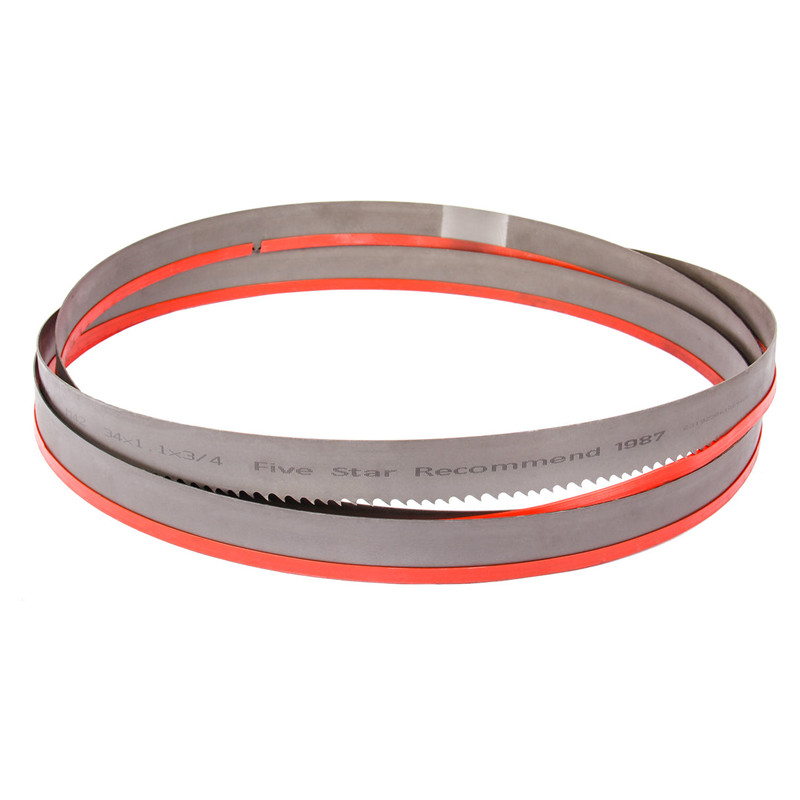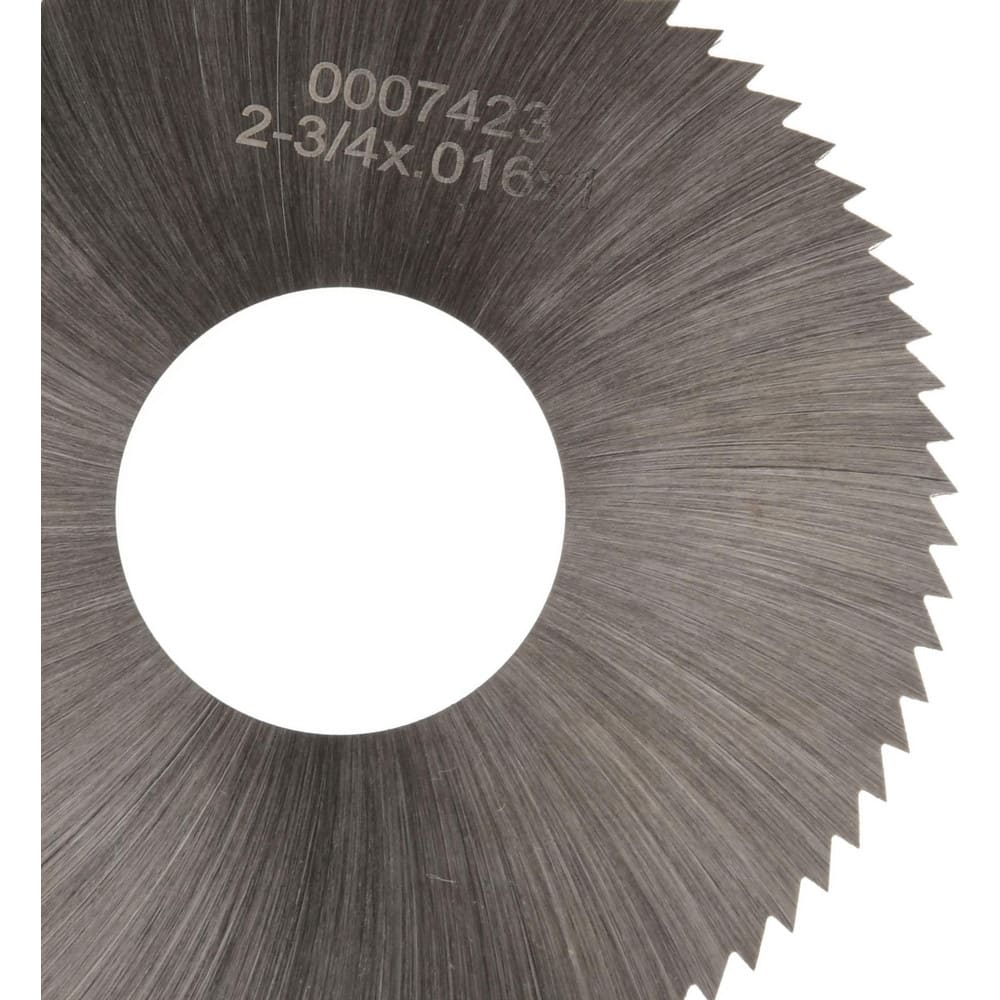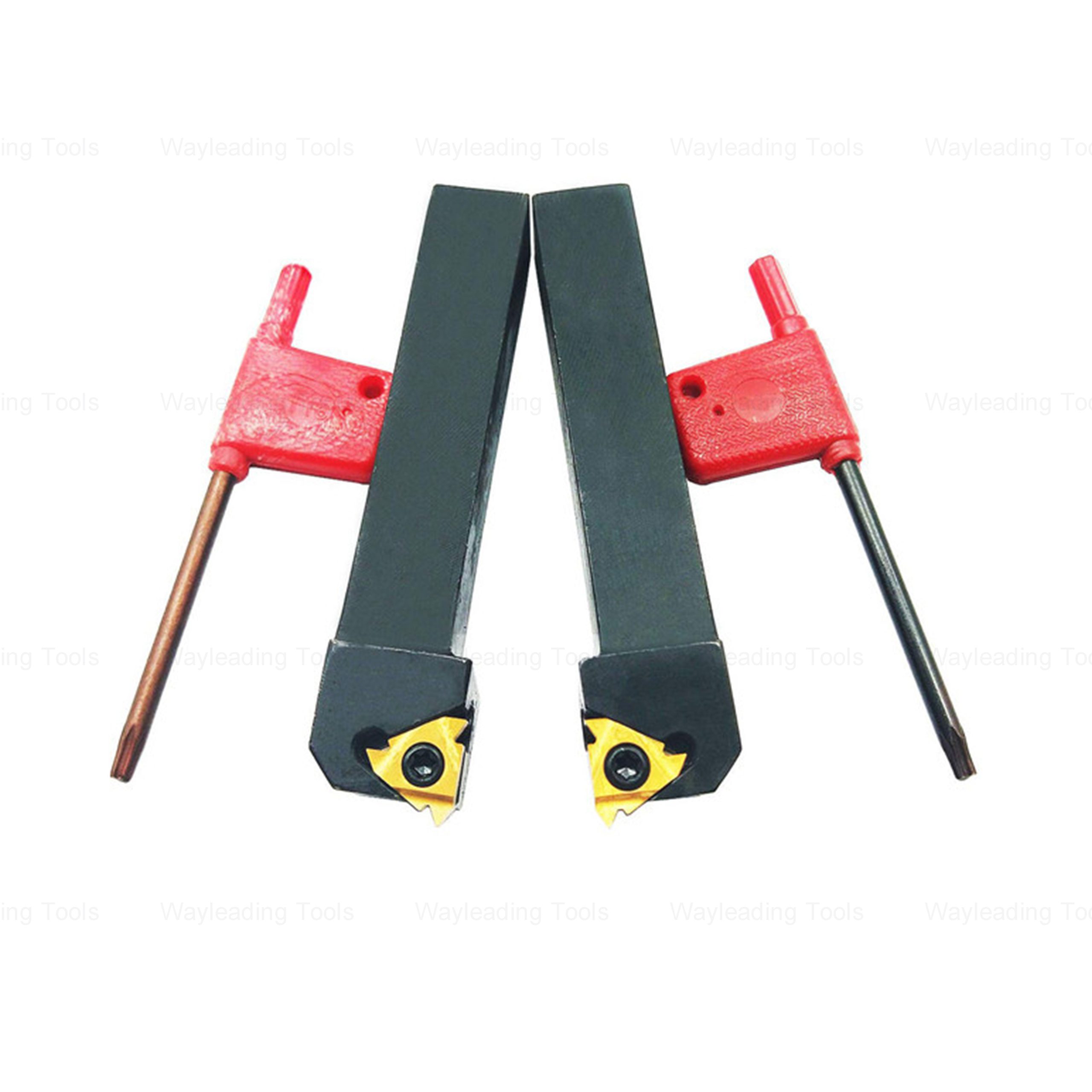thread ring gauge Manufacturer
Finding a reliable thread ring gauge manufacturer is crucial for ensuring precision and accuracy in your manufacturing processes. This guide explores the key factors to consider when selecting a manufacturer, the types of thread ring gauges available, and the importance of quality control. By understanding these aspects, you can make an informed decision and secure the best thread ring gauges for your specific needs.
Understanding Thread Ring Gauges
What are Thread Ring Gauges?
Thread ring gauges are precision tools used to check the external threads of screws, bolts, and other threaded components. They are designed to ensure that the threads meet specified dimensional standards and tolerances, guaranteeing proper fit and functionality. There are primarily two types: GO and NOGO gauges.
GO vs. NOGO Thread Ring Gauges
GO gauges are designed to freely screw onto a properly threaded part, while NOGO gauges should not engage more than a specified amount (typically 1.5 to 3 turns). This pass/fail system provides a quick and reliable way to verify thread accuracy. A component passes inspection if the GO gauge goes on easily and the NOGO gauge does not go on more than the specified turns.
Key Considerations When Choosing a Thread Ring Gauge Manufacturer
Material Quality and Hardness
The material used to manufacture thread ring gauges significantly impacts their durability and accuracy. High-quality tool steel, hardened and tempered, is essential. The hardness should be within the range specified by relevant standards (e.g., HRC 58-62). Check material certifications and hardness testing reports. For instance, many reputable manufacturers like Wayleading Tools, a trusted thread ring gauge manufacturer, use high-carbon chromium steel to ensure longevity and precision. They also provide material certificates with all of their products, guaranteeing the quality of raw materials used.
Manufacturing Precision and Tolerances
Precision is paramount. The manufacturer should adhere to strict tolerances and use advanced machining techniques, such as CNC grinding. Inquire about their calibration processes and the accuracy of their equipment. Look for manufacturers that can provide documented evidence of their precision control. Typically, tolerances should be within a few micrometers (e.g., ± 0.002 mm).
Compliance with Standards
Ensure the thread ring gauges comply with recognized international standards such as ISO 1502, ASME B1.2, or DIN 13. Compliance ensures interchangeability and compatibility with other components. Request certificates of compliance and validation reports.
Range of Available Sizes and Types
Does the manufacturer offer the specific sizes and types of thread ring gauges you need? This includes standard sizes (e.g., Metric, Unified National) as well as specialized types (e.g., tapered threads, ACME threads). A broad product range simplifies procurement and ensures consistency.
Customization Options
If you require custom thread ring gauges for unique applications, choose a manufacturer that offers customization services. This includes special thread forms, sizes, or materials. Discuss your specific requirements with the manufacturer and obtain detailed specifications and drawings before ordering.
Evaluating a Potential Thread Ring Gauge Manufacturer
Request Samples and Inspect Quality
Before placing a large order, request samples of their thread ring gauges. This allows you to assess the quality firsthand, check the finish, and verify the accuracy. Use calibrated measuring instruments to inspect the samples thoroughly.
Check Calibration Certificates
Reputable manufacturers provide calibration certificates for their thread ring gauges. These certificates confirm that the gauges have been calibrated against traceable standards. Verify the calibration date and the accreditation of the calibration laboratory.
Review Customer Testimonials and References
Look for online reviews and testimonials from other customers. Contact the manufacturer for references and speak directly to previous clients about their experiences. This provides valuable insights into the manufacturer's reliability and customer service.
Assess Manufacturing Capabilities and Capacity
Understand the manufacturer's production capacity and lead times. Can they handle your order volume and deliver on time? Visit their manufacturing facility, if possible, to assess their equipment, processes, and quality control procedures.
Maintenance and Storage of Thread Ring Gauges
Proper Cleaning and Handling
Clean thread ring gauges regularly with a soft cloth and a suitable cleaning solvent to remove dirt, oil, and contaminants. Avoid using abrasive cleaners that can damage the gauge surfaces. Handle the gauges carefully to prevent scratches or dents.
Storage Conditions
Store thread ring gauges in a clean, dry environment, away from extreme temperatures and humidity. Use protective cases or containers to prevent damage during storage and transportation.
Regular Inspection and Recalibration
Inspect thread ring gauges periodically for wear, damage, or corrosion. Recalibrate the gauges at regular intervals (e.g., annually) to ensure continued accuracy. Keep records of all inspections and recalibrations.
Standards Compliance Comparison
| Standard | Key Requirements | Application |
|---|---|---|
| ISO 1502 | Specifies dimensions, tolerances, and testing requirements for screw thread gauges. | International standard for general-purpose screw threads. |
| ASME B1.2 | Establishes requirements for screw thread gauges, including dimensions, tolerances, and materials. | North American standard for screw threads. |
| DIN 13 | German standard for metric screw threads, including gauges. | German standard for general-purpose metric screw threads. |
*Please note: Table data is for illustrative purposes and may not be fully comprehensive.*
Conclusion
Selecting the right thread ring gauge manufacturer is an investment in the quality and reliability of your products. By carefully considering the factors outlined in this guide, you can make an informed decision and partner with a manufacturer that meets your specific needs. Remember to prioritize quality, precision, and compliance with industry standards.
Related products
Related products
Best selling products
Best selling products-
 Precision V Block And Clamps Set With Industry Type
Precision V Block And Clamps Set With Industry Type -
 CNMG & CNMM Turning Insert For Indexable Turning Tool Holder
CNMG & CNMM Turning Insert For Indexable Turning Tool Holder -
 Indexable Spade Drill Holder With Helical Flute Holder And Taper Shank
Indexable Spade Drill Holder With Helical Flute Holder And Taper Shank -
 DIN6537L Metric Solid Carbide Twist Drill With Internal Coolant & External Coolant
DIN6537L Metric Solid Carbide Twist Drill With Internal Coolant & External Coolant -
 Inch ER Collets With Hight Precision Milling
Inch ER Collets With Hight Precision Milling -
 HSS Inch Taper Shank Twit Drills For Metal Cutting Of High Precision
HSS Inch Taper Shank Twit Drills For Metal Cutting Of High Precision -
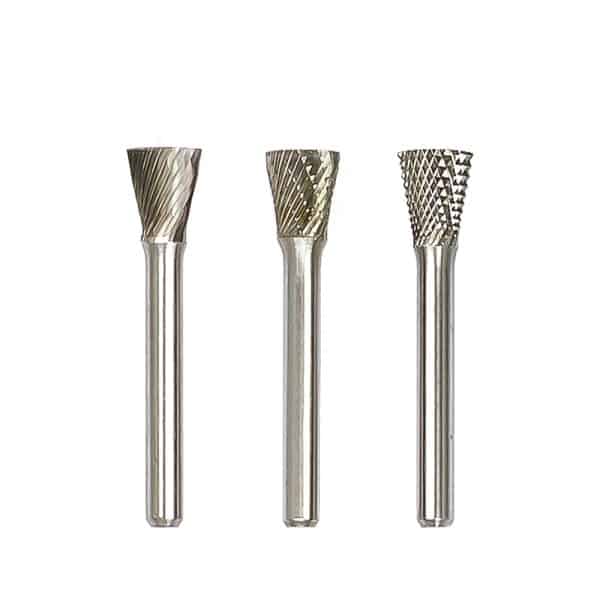 Type N Inverted Cone Tungsten Carbide Rotary Burr
Type N Inverted Cone Tungsten Carbide Rotary Burr -
 Digital Depth Gauge With Stainless Steel For Industrial Type
Digital Depth Gauge With Stainless Steel For Industrial Type -
 Precision 7pcs Angle Blocks Set With High Quality Type
Precision 7pcs Angle Blocks Set With High Quality Type -
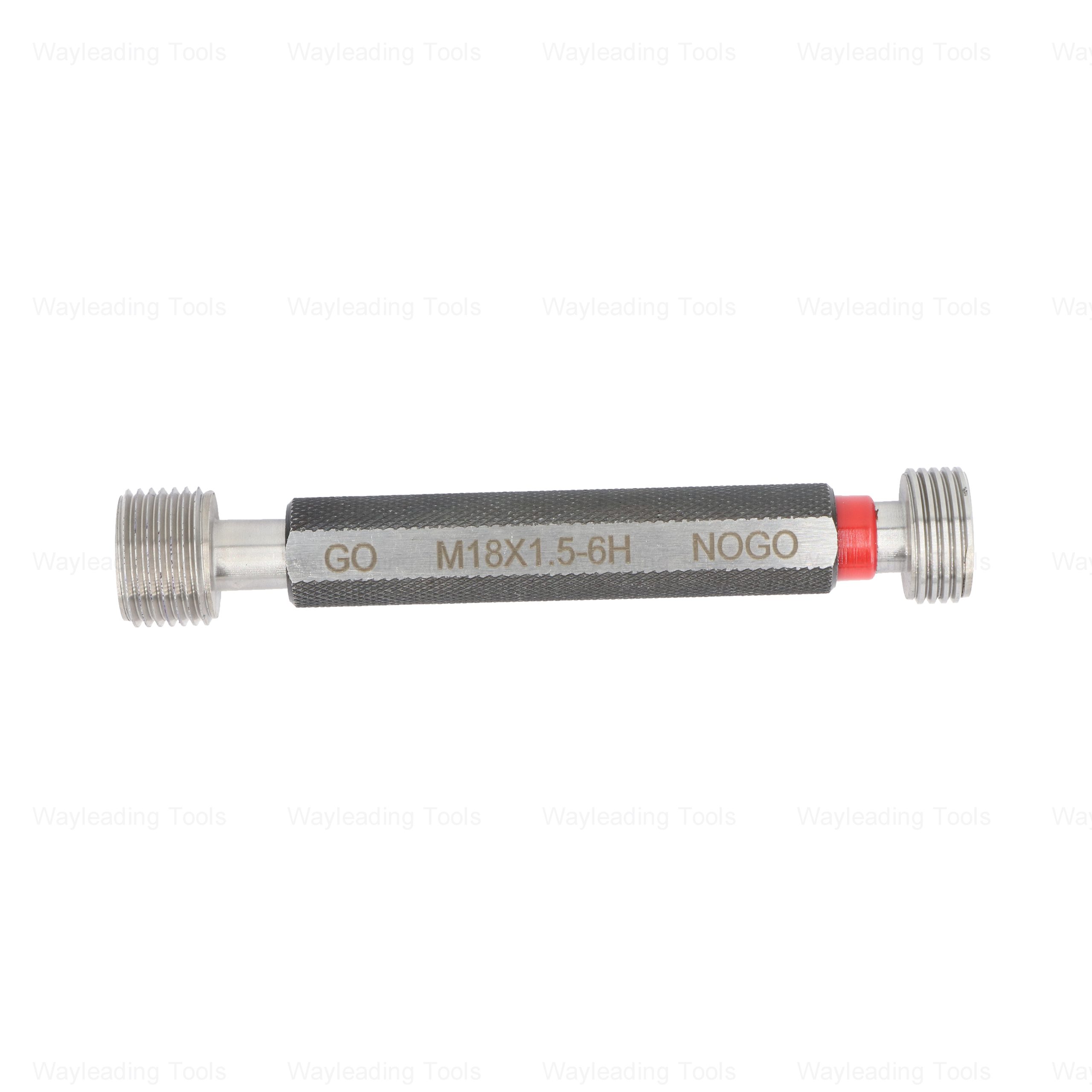 High-Precision Metric Thread Plug Gauge – 6H Class, GO & NO-GO Ends
High-Precision Metric Thread Plug Gauge – 6H Class, GO & NO-GO Ends -
 Precision V Block And Clamps Set With Heavy Duty
Precision V Block And Clamps Set With Heavy Duty -
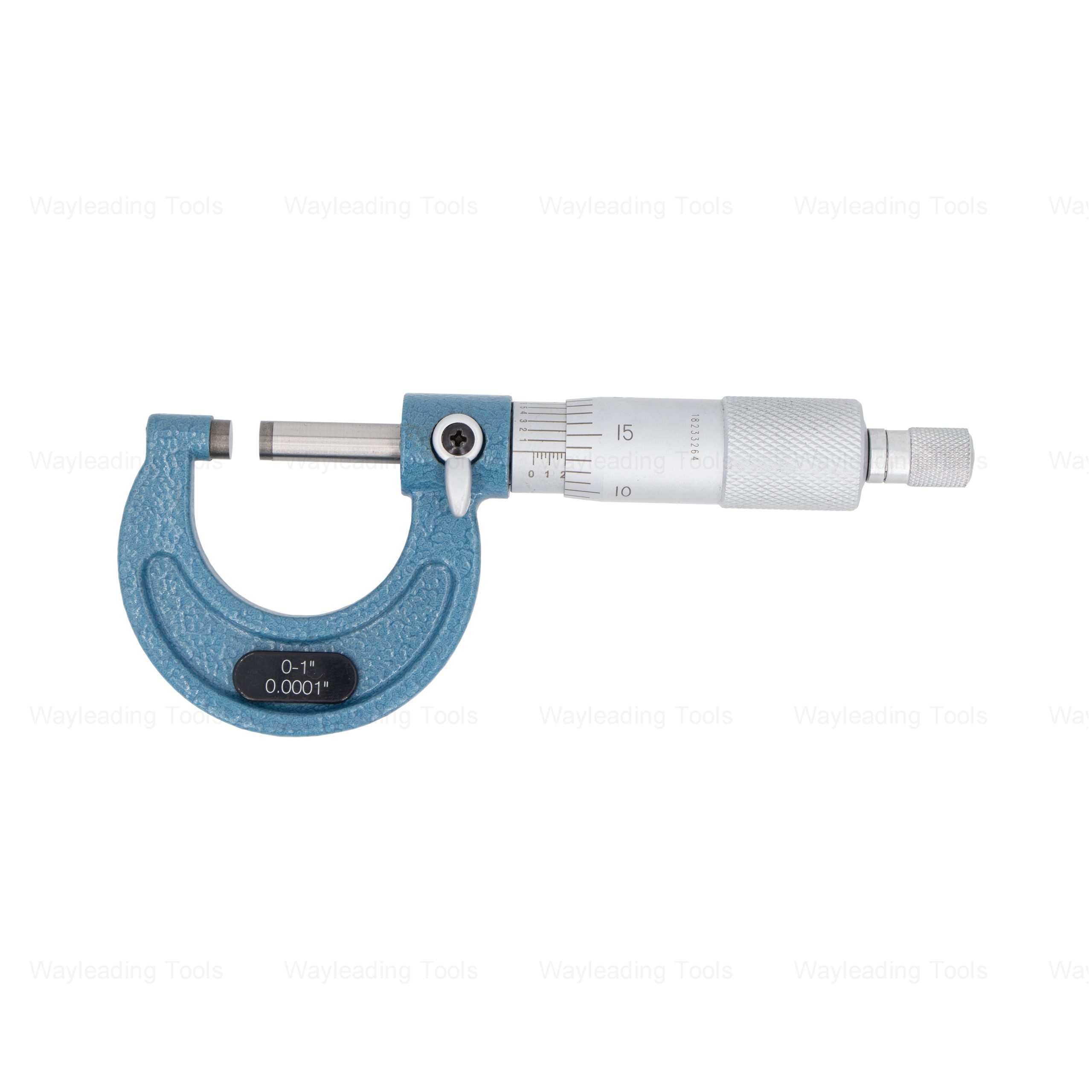 Premium Outside Micrometer – Metric & Inch, Ratchet Stop, Industrial Grade
Premium Outside Micrometer – Metric & Inch, Ratchet Stop, Industrial Grade

